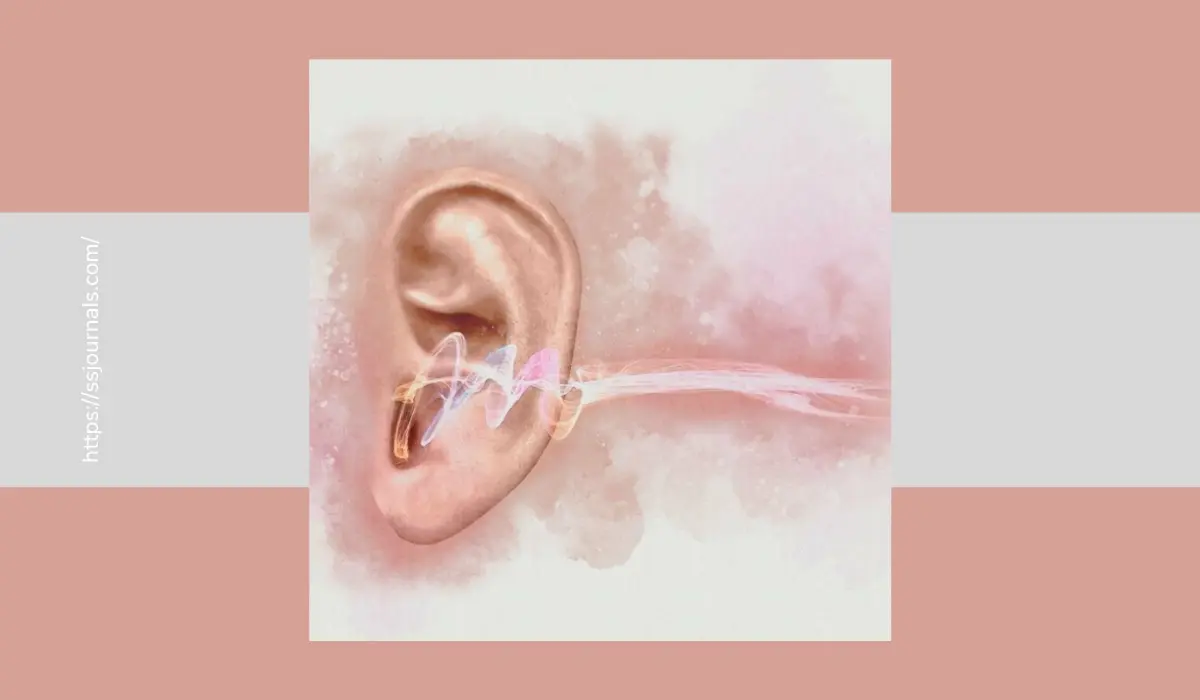Even found yourself lost in a melody that only you can hear? That’s the curious world of tinnitus, where the gentle hums or persistent rings become our ever-present companions. In this journey, let’s unravel the stories behind these sounds, discovering the unique tales of what causes our ears to dance to their tunes.
Ear Ringing The Deafening Beats Of Life

Picture a concert, the thudding beats echoing in your ears. Those intense moments of joy come at a cost. Whether it’s the blaring tunes of a live band, the hum of heavy machinery, or simply the solace found in loud music through headphones, our ears endure a lot.
Over time, this exposure can lead to a symphony of ringing or buzzing as our ears try to find their equilibrium. Here are the causes of ringing ears
Aging
As we journey through life, our bodies compose their melodies. Age-related hearing loss, like a subtle crescendo, begins to play its part. The delicate hairs in our ears lose their rhythm, causing a dissonance that we perceive as ringing. It’s the natural course of our auditory composition.
Earwax
Imagine a tiny wax buildup playing a solo in the ear canal. Surprisingly common, earwax can become the star of the show, causing a blockage that distorts our hearing. In this musical misstep, our ears may interpret the struggle as a persistent ringing, a solo that wasn’t supposed to take the stage.
Medical Symphony
Sometimes, our bodies face health issues that influence the melody within. Conditions like high blood pressure or atherosclerosis can change the rhythm of blood flow to our ears, adding a discordant note of tinnitus. Other players, like Meniere’s disease or temporomandibular joint (TMJ) disorders, also have a part in this intricate composition.
Medications
Imagine taking a medication, expecting relief, but it comes with an unexpected guest—the sound of ringing. Certain medications play a role in this auditory drama. From antibiotics to diuretics, the side effects may include a subtle hum that lingers, an unintended consequence of seeking healing.
Stress
In this symphony, stress and anxiety are the silent composers, conducting a cacophony that resonates within. The connection between mental health and tinnitus is mysterious, yet undeniable. It’s like stress takes the baton, leading our ears into a whirlwind of sounds that disrupt the natural harmony.
Jaw Misalignment
The jaw, our natural conductor, can sometimes misalign, affecting the harmonious dance of the temporomandibular joint (TMJ). This misstep can lead to disruptions in the auditory choreography, resulting in tinnitus. Addressing this issue becomes a delicate dance of diagnosis and treatment.
Final Take
So here we are, surrounded by the intricate melodies of our ears. Tinnitus is a unique symphony composed of our experiences, age, health, and even our medications. If this symphony becomes too overwhelming, it’s time to seek the guidance of our healthcare conductors.
They can help us decipher the notes, understand the compositions, and perhaps even find ways to bring back the harmonious silence we often take for granted. After all, in the grand orchestra of life, the sounds within our ears are just one part of the beautiful, complex score.
FAQ
Ah, the mystery of tinnitus! It’s when you hear ringing or buzzing in your ears without any external source. Various reasons can trigger it, like exposure to loud noise, getting older, earwax buildup, health issues, certain medications, and even stress.
Absolutely! Picture this: your ears soaking in the beats of a concert. But, the loud sounds can damage the delicate bits inside your ears, creating a concert of their own—a persistent ringing.
Aging is like a maestro conducting changes in your body. With time, the tiny hairs in your ears might lose their groove, leading to what we hear as ringing. It’s just the natural rhythm of life.
Surprisingly, yes! Imagine earwax taking center stage, causing a blockage that messes with your hearing. The struggle to hear clearly might be interpreted as a solo of ringing in your ears.
Oh, the side effects of some medications can indeed add an unexpected note to the melody, From antibiotics to diuretics, they might bring along a subtle hum that wasn’t on the prescription.

